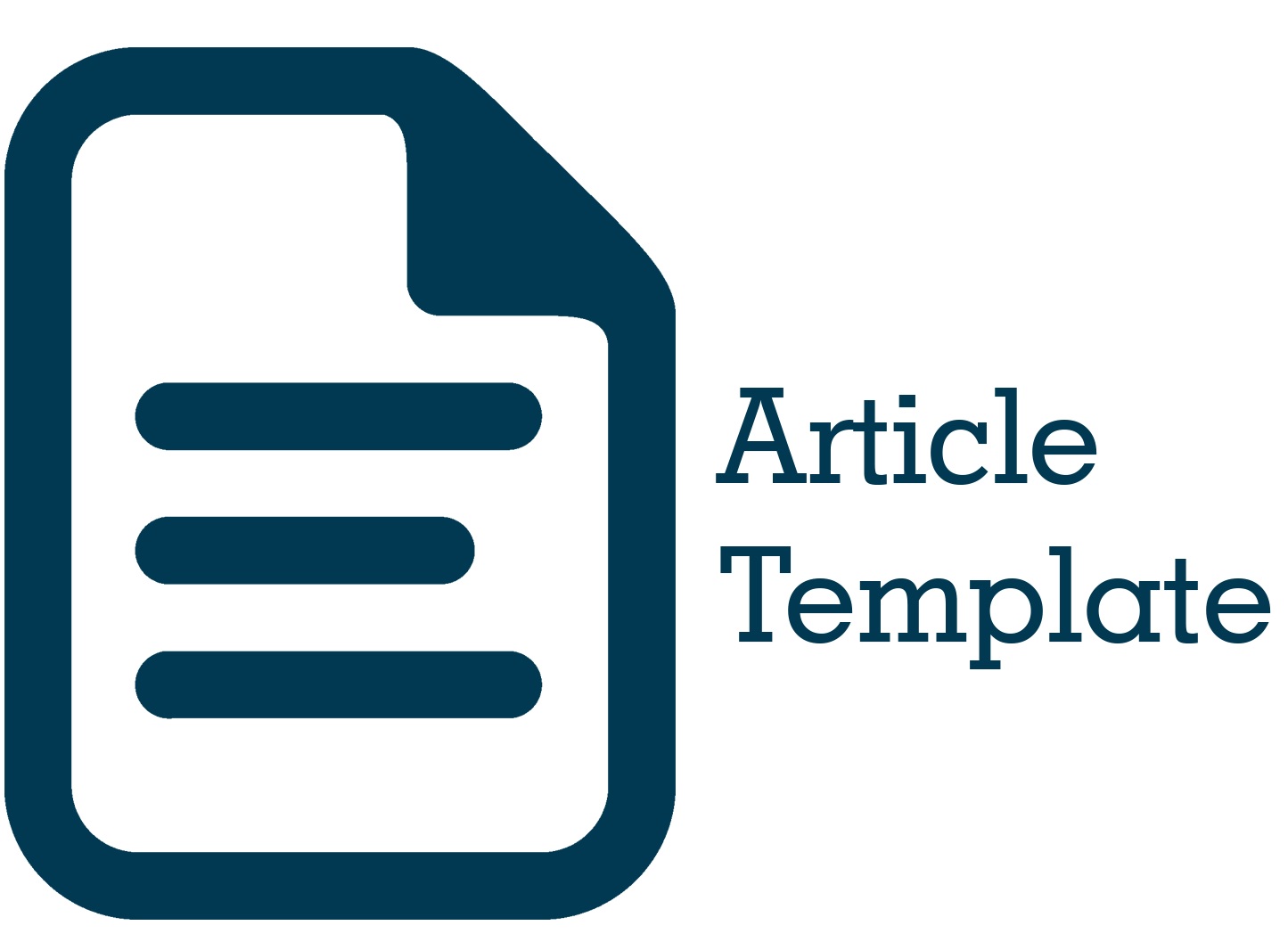Implementasi Kebijakan Program Jatim Bebas Pasung
DOI:
https://doi.org/10.51135/PublicPolicy.v5.i1.p189-208Keywords:
Policy Implementation, Shackling-FreeAbstract
The East Java Provincial Social Service prioritizes the shackle-free East Java program. The program seeks to end the practice of shackling. In reality, the shackle problem is still found in East Java. The aim of the research is to examine the execution of the East Java shackles-free policy as a top priority initiative to help shackle victims regain their social function and spiritual well-being. In this work, a case study methodology uses qualitative research. Then, observation, documentation, and interviews were used to collect data. The six indicators used in this research include policy standards and aims, resources, implementing organization characteristics, relationships between organizations, implementers' attitudes, and the social, economic, and political environment. The study's findings indicate that East Java has not yet fully implemented the shackle-free program. It has been established that several districts and cities have not adopted the shackle-free program because social readiness is limiting their ability to do so. That's holding up the goal of East Java to get rid of shackles.
Downloads

Downloads
Published
How to Cite
Issue
Section
License
Authors whose manuscripts are published in the Journal of Public Policy must agree to the following terms;
- Publication rights for all manuscript materials published are held by the editorial board with the author's consent.
- The legal formalities for digital access to the Journal of Public Policy are subject to the Creative Commons Attribution Sharealike (CC BY SA) license, which means the Journal of Public Policy has the right to store, redistribute, reformat, manage in a database, maintain, and publish the manuscript without seeking permission from the author as long as the author's name is included as the copyright owner.
- Published manuscripts are open access for the purpose of disseminating research results. Besides this purpose, the editorial board is not responsible for copyright law violations.


.png)



